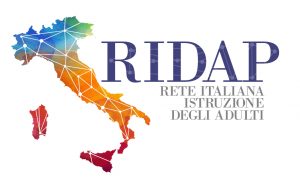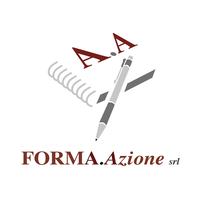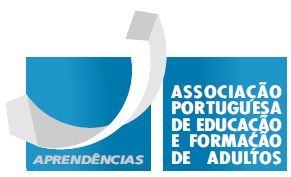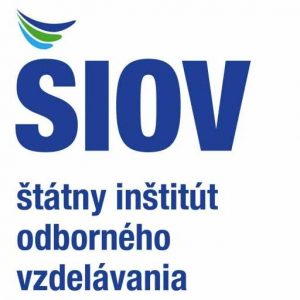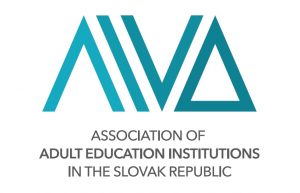Adult Education and Training Courses (EFA)
Validation of Non-formal and Informal Learning
Brief description of the main purposes and contents
Adult Education and Training Courses (EFA) are an education and training offer for adults who wish to raise their qualifications. These courses are developed according to paths of dual certification and, whenever appropriate to the profile and life history of adults, only of schooling.
Reasons why the project / program is considered a “good practice”
Because those who attend these courses will be able to acquire school qualifications and/or professional skills, thus improving the levels of employability and social and professional inclusion of the population, through insertion (reinsertion) or progression in the labor market.
Managing authority / organisation
National Agency for Qualification and Professional Education, I.P. (ANQEP)
Main target group
Adults disadvantaged due to lack of education and skills
Source of funding
European
Stakeholders involved
People 18 years old or older (in the case of basic level EFA courses) and 23 years old; entities promoting EFA courses (public, private or cooperative entities, namely educational establishments, vocational training centers, municipalities, companies or business associations, national, regional or local associations, and trade unions or trade unions) and employers.
Contribution of the practice in improving / promoting the social inclusion of the beneficiaries
Contributing to the increase in the level of school and professional qualifications of Portuguese adult citizens, through an integrated offer of education and training that enhances their employability conditions and certifies the skills acquired throughout life.
Elements of the project / program that could be easily transferred to other contexts
These courses are transferable to other contexts/countries, only adapting the professional areas to the needs of each context.
Other potential target groups to which the project / program could be extended
The general adult population that needs to increase their educational and professional qualifications.
Description of the methods of implementation and any recommendations
Adult Education and Training courses (EFA) are a flexible training pathway of variable duration, specifically aimed at adults, which allows the development of social, scientific and professional skills necessary for the exercise of a professional activity and simultaneously obtain a basic or secondary level of education (Ordinance No. 86/2022 of 4 February). Adult Education and Training courses have a duration that can vary according to the certification level in question and are organized into different types of training paths: basic education, secondary education, dual certification or only paths related to the development of vocational skills. The curricular structure of the Adult Education and Training courses can integrate the following training components Basic Training – organized in areas of key competencies according to the referential of key competencies of adult education and training of basic level or secondary level, aims at the acquisition and development of knowledge, skills and attitudes for the empowerment of adults and that are considered necessary to obtain a school qualification; Technological Training – organized in Short Duration Training Units and/or Competence Units, it aims at the acquisition and development of knowledge, skills and attitudes that respond to what is defined in the professional profile and in the referential of competences associated to the respective qualification; Workplace Training – aims at the application and consolidation of acquired knowledge, skills and attitudes, through activities carried out in a company context or in the context of other employers. Adult Education and Training courses may be the right course for those who are 18 years old or older and wish to obtain the 4th, 6th, or 9th grade of basic education or secondary education (12th grade), or wish to obtain professional certification. These courses also meet the specific qualification needs of adults with low and very low qualifications, namely without basic education, illiterate or with very insufficient literacy levels. The conclusion of an Adult Education and Training Course allows obtaining a basic level school certification (4th, 6th or 9th grade) or a secondary level certification (12th grade), a professional certification or both, in these cases called double certification and confers the level 1, 2, 3 or 4 of the National Qualifications Framework – Ordinance No. 782/2009, July 23. The Adult Education and Training Courses can operate in: public or private basic and secondary education establishments; IEFP, I.P direct management and protocol vocational training centers; and in other entities such as municipalities, companies or business associations, trade unions and associations of local, regional or national scope, as long as they are part of the network of training entities of the National Qualifications System.
Project / program website or other online reference resources
